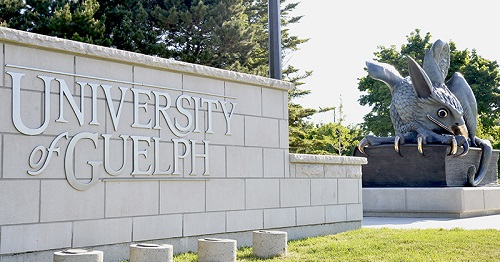Using cannabis may be a riskier practice for seniors and people with heart disease than for younger people, says a new study by University of Guelph researchers.

That protective measure may elude people whose age or cardiovascular disease (CVD) can impair control of blood pressure, said Dr. Jamie Burr. “We need to learn more about the effects of cannabis use on the cardiovascular system, particularly since the legalization of cannabis in Canada,” he said.
The study appeared online in October in the journal Circulation.
“This is the first study to characterize how the sympathetic nervous system responds to cannabis use to control blood pressure,” said Burr, a professor in the Department of Human Health and Nutritional Sciences (HHNS) within the College of Biological Science.
The team was co-led by HHNS professor Dr. Philip Millar, who runs a top laboratory for measuring sympathetic nerve activity in people.
Lack of blood pressure control associated with cannabis use

Blood pressure increases when muscles in blood vessels contract – activity that is prompted by sympathetic nerves in those muscles. Although short-term rises in blood pressure can help to ensure proper blood flow, scientists know that consistently high blood pressure is bad for health – and large spikes can be harmful for people with cardiovascular disease, said Burr.
But the U of G researchers saw only small increases in blood pressure in their study subjects as sympathetic nerve activity was reduced. The results suggest that people unable to dampen that activity will experience larger increases in blood pressure after cannabis use, said Christian Cheung, a PhD student and co-first author of the paper.
Response to cannabis varies among groups
Those participants were subjected to cannabis vapour, and the researchers measured their blood pressure and heart rate. The team also used electrodes to measure sympathetic nerve activity.
The team saw only a slight increase in blood pressure after cannabis exposure, followed by a return to normal.
“This was accompanied by a very large decrease in sympathetic nerve activity, which we think is your body’s way of preventing a large increase in blood pressure,”said Millar.
Cheung said those findings may not translate to heavy cannabis users, whose chronic exposure to psychoactive THC in cannabis may blunt its cardiovascular effects.
The team plans to test older people and subjects with higher CVD risk. These people are more likely to have conditions such as stiffer blood vessels that make it more difficult to control blood pressure.
Previous research by the U of G team found early cannabis use is linked to greater stiffening of blood vessels, a risk factor for CVD later in life.
This study was supported by funding from the Natural Sciences and Engineering Research Council, Mitacs and the Canadian Institutes of Health Research.












